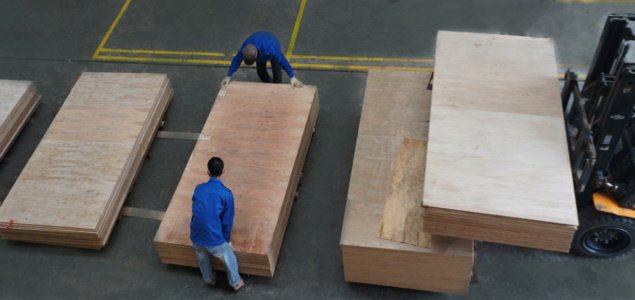In a notable development, West Fraser, a key player in the lumber industry, has unveiled strategic initiatives to confront ongoing challenges in the lumber market. With plans to shutter the Maxville sawmill in Florida and institute a prolonged operational curtailment at the Huttig sawmill in Arkansas, effective by month-end, the decision is a response to a convergence of factors, primarily driven by escalating fiber costs and subdued conditions in lumber markets. Faced with these challenges, West Fraser has made decisive choices to streamline operations, adapting to the intricate dynamics of the current economic landscape.
In a significant development, West Fraser, a prominent player in the lumber industry, has announced strategic measures to address the ongoing challenges in the lumber market.
The company is set to close its Maxville sawmill in Florida and implement an indefinite curtailment of operations at its Huttig sawmill in Arkansas, effective by the end of this month.
The decision comes as a response to the confluence of factors, primarily driven by soaring fiber costs and a subdued state of affairs in the lumber markets.
These challenges have prompted West Fraser to make tough choices to streamline operations and navigate the complexities of the current economic landscape.
The closure of the Maxville sawmill is expected to have a tangible impact on West Fraser’s U.S. lumber capacity, with an approximate reduction of 270 million board feet. This move reflects the company’s proactive approach to adjusting its production capabilities in line with market dynamics.
The high fiber costs have significantly contributed to the decision, underscoring the financial strain imposed on lumber manufacturers.
Additionally, soft market conditions have further intensified the need for operational adjustments, as demand fluctuations and economic uncertainties continue to pose challenges to the industry.
West Fraser’s decision to curtail operations in Huttig and close the Maxville sawmill emphasizes the importance of adaptability in the face of dynamic market forces.
The company remains committed to managing its resources efficiently, ensuring a sustainable business model amidst the ever-evolving landscape of the lumber industry.
As the closure takes effect, industry observers will be keenly watching the ripple effects on West Fraser’s overall market positioning and the broader implications for the U.S. lumber sector.
The announcement serves as a testament to the resilience required to navigate the intricate dynamics of the lumber market, reinforcing the need for industry players to stay vigilant and responsive to economic fluctuations.
Source: Fordaq.com





